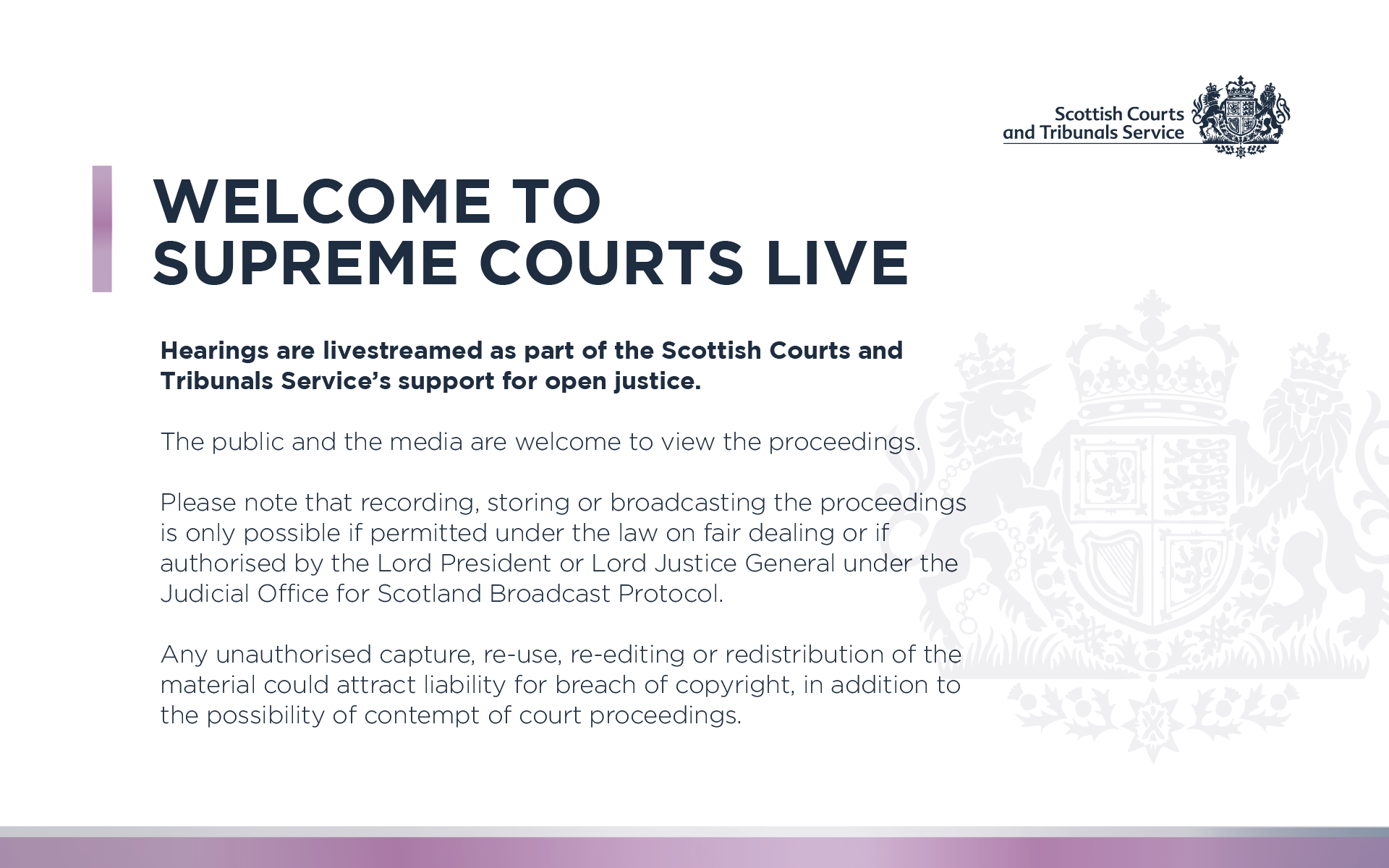Case description
This is a reclaiming motion (appeal) in terms of section 27D of the Court of Session Act 1998 against the Lord Ordinary’s refusal of permission to proceed.
The petitioner was convicted of murder in September 2005. He was sentenced to life imprisonment with a punishment part of 11 years, subsequently reduced to 9 years. The punishment part of his sentence expired on 24 April 2014. He was released on licence on the direction of the Parole Board in September 2018.
Following a car accident the petitioner suffered brain injuries and long-term cognitive difficulties. He received two warning letters from the Parole Board following his release, the first in 2020 following his being charged with dangerous driving with a domestic aggravation having caused injuries to his partner, and the second in 2021 for having contacted his partner and children contrary to the instructions of the social work department. He was recalled to custody in August 2021 after his disclosure that he had purchased cocaine to use with his partner.
The Parole Board reconsidered the petitioner’s case in 2022. On 3 October 2022 it refused to direct his release. His continued confinement was necessary to protect the public and, in particular, his partner. The petitioner had been convicted of the dangerous driving offence in July 2022 and had been under the influence of cocaine when committing the offence. The Parole Board considered this as evidence that he was likely to cause serious harm. He was unable to comply with instructions, such as not to make contact with his partner, which resulted in his recall. His risk could not be properly assessed until psychiatric or psychological assessments had been carried out. The suggestion that his positive response in custody ameliorated his failures were rejected and, in any event, he had been convicted of possessing a SIM card in custody in July 2022. A significant period of testing in less secure conditions was required.
The petitioner advanced three grounds of challenge. First, the Parole Board erred in finding that (i) the petitioner was under the influence of cocaine when he committed the driving offence and (ii) he was recalled to custody for having contacted his partner. Secondly, it gave inadequate reasons for finding continued confinement to be necessary to protect the public. Thirdly, it failed to investigate the required neuro-psychology information. The Lord Ordinary rejected these arguments. The petition had no real prospect of success. The Parole Board’s assessment had a factual foundation. The weight to be attributed to facts was a matter for it. The correct test was applied. Rational and comprehensible reasons were provided.

